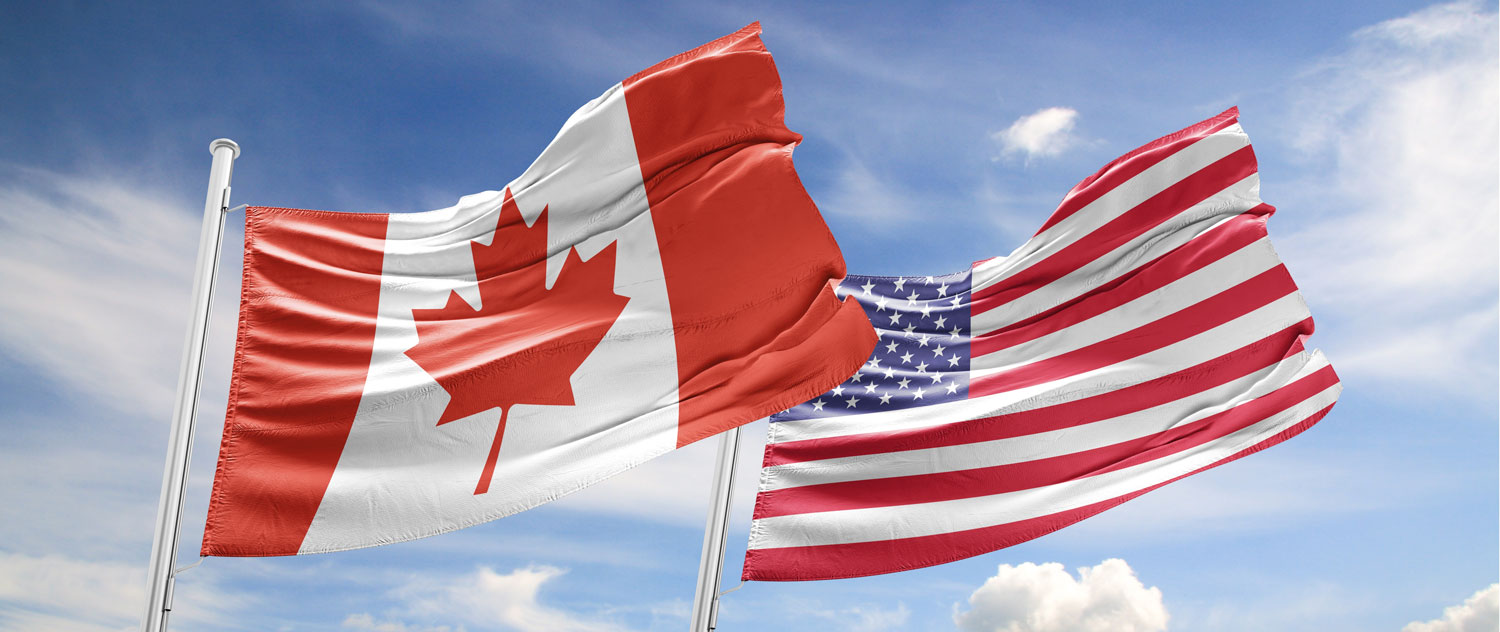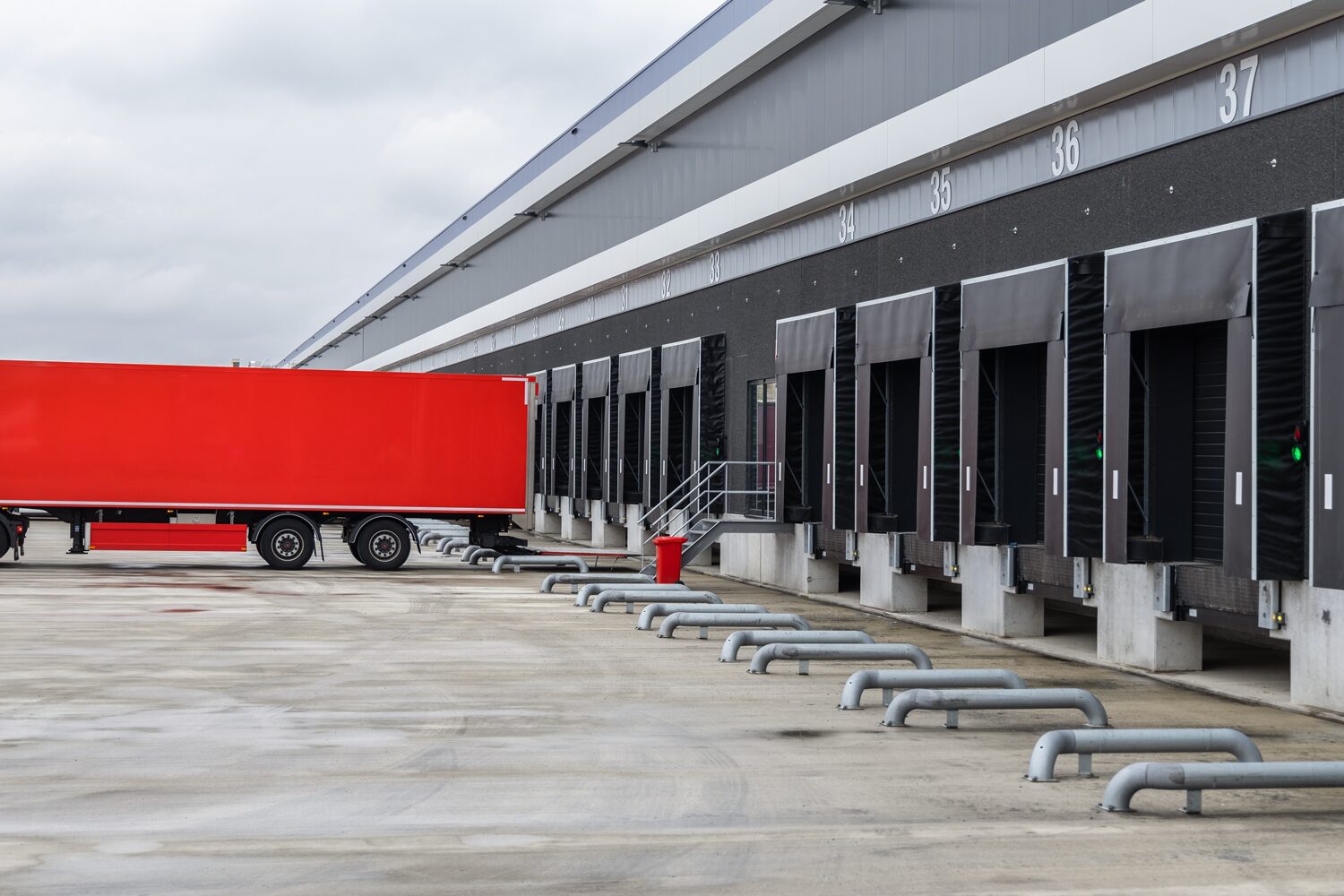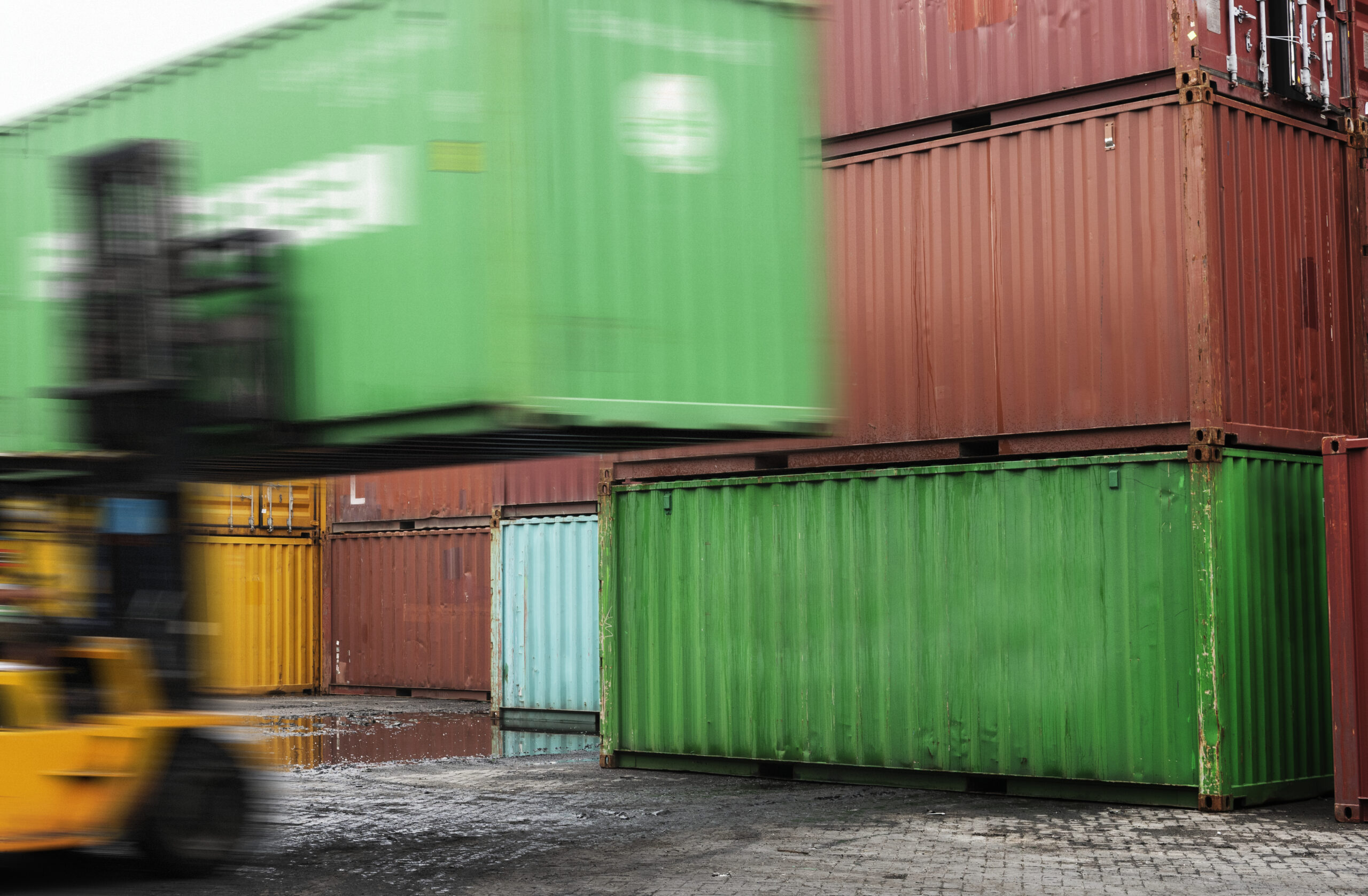For international sellers who are eager to conquer the US market without the heavy burden of setting up their own warehouses, Amazon FBA acts as a great solution that allows sending products easily from other countries directly to American homes.
Yet, we all know that importing goods into the US can be complicated due to customs procedures and import duties, turning this lucrative chance into a costly and time-consuming obstacle.
The good news is there’s a specific provision in US customs law simplifying cross-border eCommerce — Section 321. This provision simplifies the process of importing goods into the United States and allows shipments valued at $800 or less to enter the country without formal customs entry, duties, or extensive paperwork.
Sounds like a simple and cost-effective solution for international sellers aiming to use Amazon FBA to sell their products in the US market. Yet to use it effectively, sellers need to understand some rules and limits involved and where exactly they might need some help to take advantage of it directly. Operating extensively under Section 321 as an eCommerce fulfillment provider, we’re ready to explain how to use this provision effectively to streamline your Amazon FBA imports and get a faster entry to the US market.
What is Amazon FBA?
Amazon FBA, which stands for “Fulfillment by Amazon,” is a service that allows sellers to store their products in Amazon’s warehouses. When a customer orders a product, Amazon takes care of the packaging, shipping, and customer service for these items.
Here is how it works:
- You send your products to Amazon’s fulfillment centers.
- Amazon stores these products in their warehouses.
- When a customer places an order, Amazon picks, packs, and ships the product for you.
- Amazon also handles customer service and returns for these orders.
For instance, suppose you sell handmade scarves. Instead of storing them at home and rushing to the post office every time you get an order, you can send a batch of scarves to Amazon and use it as your personal warehouse and shipping department. Amazon stores your products in their warehouse and when someone buys a scarf, Amazon staff will find it, pack it, and ship it out. If the customer has questions or wants to return it, Amazon handles that, too.
The main benefits of Amazon FBA include:
- FBA products automatically become Prime-eligible, displaying the Prime badge that attracts over 200 million subscribers worldwide.
- Amazon’s extensive network of fulfillment centers allows for rapid order processing and shipping, often within one or two days.
- Outsourcing storage, packaging, shipping, and customer service for orders, you have more free time for you to focus on growing your business.
- Potential for higher search rankings on Amazon as its search algorithm tends to favor FBA products.
Prep your products for Amazon FBA. ShipTop handles all requirements so you can sell more.
Who can benefit from Amazon FBA?
Amazon FBA can be beneficial for a wide range of sellers, but there are certain types of businesses where it’s particularly helpful.
For instance, when your business is in a growing phase you’re often juggling multiple responsibilities and may not have enough resources to manage your own warehouse or shipping operations. FBA can take that burden off your shoulders, by taking on these operations. Plus, it allows you to scale your business more easily, as you don’t need to worry about finding more storage space or hiring more staff as your sales increase.
The second category of sellers who might benefit hugely from FBA are new sellers who just started out on Amazon. At this stage, you’re probably still figuring out what products work best and how to market them effectively. During this phase, you can use FBA to put all your energy into these crucial aspects of your business. You can spend your time researching market trends, finding unique products, and creating compelling listings, instead of worrying about shipping and storage.
For established brands that often experience fluctuations in demand, especially during peak seasons (like holidays), FBA can easily handle these changes without requiring you to invest in additional warehouse space or staff. Plus, it helps these companies to enter new markets as FBA helps you to tap into Amazon’s global fulfillment network and sell in multiple countries without setting up local operations.
Read also: Questions to Ask Before Hiring an Amazon FBA Prep Center

Challenges of International Selling on Amazon
With great opportunities presented by Amazon FBA for international businesses, there are also several considerations we will discuss below.
Fees for storage and fulfillment
One of the considerations is that FBA does come with fees for storage, fulfillment, and other aspects of the service. These fees vary based on factors like product size, weight, and how long items remain in Amazon’s warehouses.
Inventory management across borders
Even though Amazon has a great inventory management system, FBA inventory management is still a complex process involving multiple warehouses, regulations, and lead times. An appropriately selected 3PL provider can manage customs documentation, handle international shipping complexities, and strategically distribute inventory to optimize for regional demand and reduce shipping costs.
Amazon’s specific requirements
One more consideration for international businesses looking to tap into Amazon’s vast marketplace is Amazon’s specific requirements and receiving guidelines processes. Each product must meet Amazon’s packaging and labeling requirements standards, which are rather strict and may differ from other retailers in different countries, the norm in the business’s home country.
Compliance with US regulations
Last but not least, products must meet US safety standards and labeling requirements, which may necessitate modifications to existing products or packaging. Additionally, navigating US tax laws and obtaining necessary certifications can be daunting for foreign entities.
Benefits and Considerations of Section 321 for Amazon Sellers
Section 321 allows items valued at $800 or less enter the US duty-free. This significant provision presents fantastic opportunities for international sellers, making it cheaper and faster to start selling on Amazon US through FBA.
This is how Section 321 works for Amazon FBA:
- Under Section 321, sellers can send smaller, more frequent shipments to Amazon US warehouses without paying import duties.
- There’s a streamlined, informal entry process for Section 321 shipments, including customs clearance, so getting inventory to Amazon’s fulfillment centers is faster.
- Reduced documentation requirements simplify the import process.
- Lower import costs may allow for more competitive pricing on Amazon.
The only important note is that not all goods are eligible for Section 321. Certain restricted or prohibited items like alcohol, tobacco, and products requiring FDA approval may not qualify. On top of that, sellers have to maintain detailed records of their Section 321 shipments, including invoices, manifests, and customs declarations. And probably the most challenging aspect is that Section 321 rules change, and brands aiming to use this provision must carefully monitor any change.
Read also: The Ultimate Guide to Section 321 Fulfillment
How to Use Section 321 with Amazon FBA
As you may see, Section 321, is a great opportunity to simplify the Amazon FBA process for international sellers. Yet, there are still things you need to know – or have someone navigate the nuances for you: there are customs regulations, and the various know-hows in international trade.
These hurdles can make the process daunting for sellers attempting to manage it independently. It either requires developing robust internal processes to handle the complexities of this import method, or finding alternative ways to use Section 321 for Amazon FBA without complicating operations. Many sellers find solutions in collaboration with third-party logistics providers (3PL) for Section 321 and Amazon FBA imports.
Why ShipTop For Section 321 Amazon FBA Forwarding
Fulfillment providers working under Section 321 like ShipTop can greatly help Amazon sellers, handling all Section 321 documentation and shipment coordination, and ensuring compliance with customs regulations.
Our offering is designed to simplify operations for both Amazon FBA sellers who prefer Amazon’s logistics network; or Amazon FBM sellers who want more control over your fulfillment process.
For Amazon FBA imports, we prepare items to meet all FBA requirements, including proper labeling, packaging, and quality checks. When it comes to FBA sellers, we act as a trusted 3PL partner, helping them store products, manage inventory, and handle all the packaging and shipping directly to US customers.
Our warehouses are located within 1 hour of the US border, in Vancouver and Toronto. This strategic positioning helps us to inject the shipments into the US the same-day and hand them to our partners like USPS, UPS, or DHL eCommerce (the 3 main last-mile delivery companies we work with in the US) to complete the last mile delivery.
This set of services enables quicker and more frequent shipments to Amazon fulfillment centers, maximizing the benefits of Section 321 without the need for extensive in-house management. We couple it with a comprehensive digital solution for inventory and order management that supports our fulfillment process and allows us to efficiently manage inventory across multiple sales channels, including Amazon.
If you are looking for a Section 321 partner to help with your FBA shipments, get help from ShipTop. We specialize in helping businesses leverage the full power of Section 321, offering a seamless and cost-effective solution for importing goods into the US.





